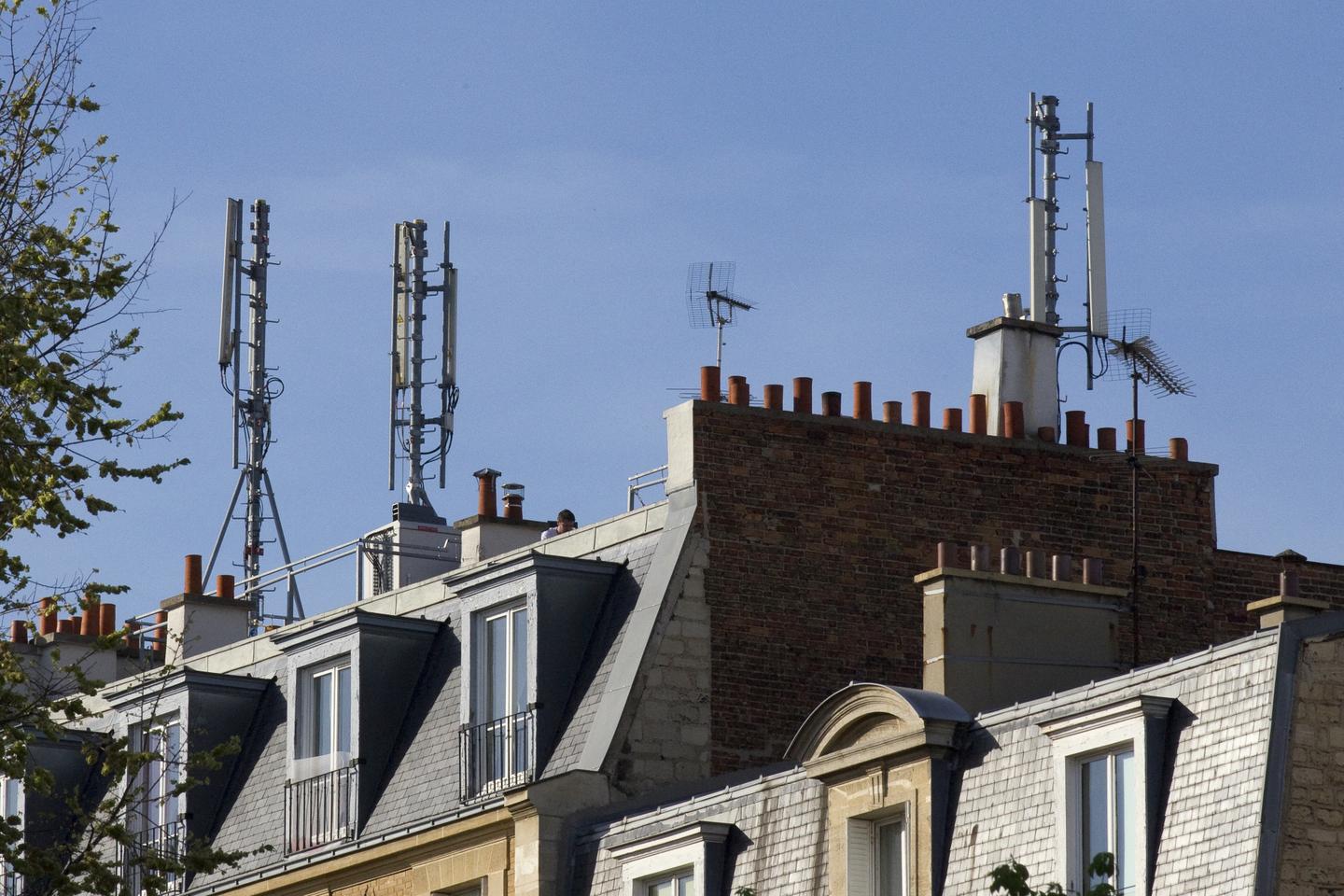


On the evening of July 26, 2024, in Paris, 10,000 athletes will be parading down the Seine for the opening ceremony of the Olympic Games. On the quays, 400,000 spectators will savor the spectacle, smartphone in hand to share the moment. But despite their repeated clicks, photos and videos will remain hopelessly stuck on the phone screens... This nightmare haunts telecommunication operators Orange, SFR, Bouygues Telecom and Free: Can their mobile networks cope with the traffic generated by such an influx?
In the streets of Paris, saturation is commonplace during major events. But it's hard to imagine networks being inaccessible during the opening ceremony of the Olympic Games, for reasons of security and the country's image. "We've been talking to operators for two years now, with a good level of collaboration, to find the best ways of strengthening their networks to absorb mobile traffic," explained Mouna Benamar, head of radio and mobile frequencies for Paris 2024.
It's not that easy in the heart of Paris. The quays are a UNESCO World Heritage site, so it's impossible to place telecommunication equipment just anywhere. For the ceremony, operators will camouflage antennas on bridge pillars, hide temporary pylons and station antenna trucks in certain places, as they did during the last Rugby World Cup on the Place de la Concorde, where the fan zone was established. With seven months to go before the opening ceremony, Orange, SFR, Bouygues Telecom and Free are also beefing up Olympic venues (stadiums, gyms, swimming pools, etc.) with 5G, a technology that offers three to four times more transmission capacity than 4G. The four operators estimate their expenditure at several tens of millions of euros each.
Priority emergency calls
Will that be enough? "We're doing our utmost to ensure the best mobile network experience for spectators at the competition venues, and the least possible saturation for the Olympic opening ceremony," Benamar answered diplomatically. Emergency calls should not be disrupted: They have priority on the network and, in the event of congestion, a call to 112 is forwarded to the operator that has availability.
Like traffic and transportation, airwaves are a real headache for Paris 2024. Signals emitted and received by tens of thousands of radioelectric devices used for the Games (wireless cameras and microphones, stopwatches, Wi-Fi terminals, walkie-talkies) will cohabitate the Parisian skies. Similar to road traffic, there's a danger of congestion or impactful collisions in radio space: a jam could threaten a live event broadcast with a blackout; a clash between two signals could disrupt video refereeing.
You have 50% of this article left to read. The rest is for subscribers only.
